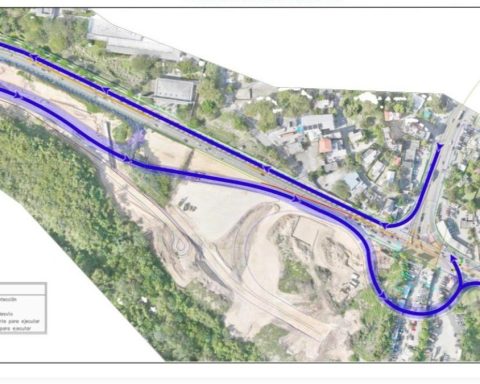Global growth is slowing sharply, due to high inflation, rising interest rates, reduced investment, and disruptions caused by Russia’s invasion of Ukraine.
This, according to the most recent edition of the report “World Economic Outlook” from the World Bank. As a consequence of the fragile economic situation, any new adverse event could push the world economy into recession. The global economy is projected to grow by 1.7% in 2023.
The tax factor plays a fundamental role in this regard. In the Dominican Republic, the 2023 General State Budget contemplates an increase in tax pressure, whose Explanatory Report and Budgetary Policy, published by the General Directorate of Budgets, describes a set of actions and regulations that, although some originated in 2022, They will have their tax effects from the year 2023.
According to said report, the main objective to introduce changes in the Dominican tax system is to achieve the sustainability of fiscal accounts, including the reduction or consolidation of public debt. In addition to the need to increase collection levels, in order to comply with the commitments to invest in infrastructure works; food safety; health, education, social security, and other basic services demanded by society.
“This means that both large and small taxpayers are aware of and prepared for the readjustments that will take place at the tax level during the course of this year,” according to the consultants Ludovino Colón, Felipe Vargas, René González, Claudia Ramírez and César Peña. , from the firm EY in the Dominican Republic.
They indicate that the tax panorama comes with news in terms of transfer prices, audits, corporate reorganizations, electronic invoicing and the possible entry into force of Regulation 11-2022 of the Directorate of Internal Taxes (DGII), on the application of benefits from agreements to avoid double taxation that the Dominican Republic has signed.
After the inclusion of the country in the inclusive framework of BEPS (Base Erosion and Profit Shifting), important changes have been made in the transfer pricing documentation. Said changes correspond to the presentation of the notification of Country by Country Report, Master Report and Local Report.
Electronic invoicing is almost a reality
The document in which the EY firm cites the WB, concludes that electronic invoicing is almost a reality in the country. With the potential approval of a bill that is currently in the National Congress, its use is mandatory for all taxpayers. “It is important that taxpayers take the necessary measures to gradually adapt to this modality hand in hand with their software providers”, he indicates.
















